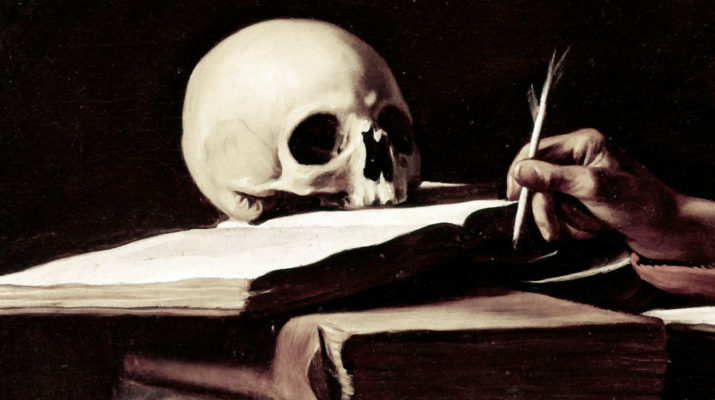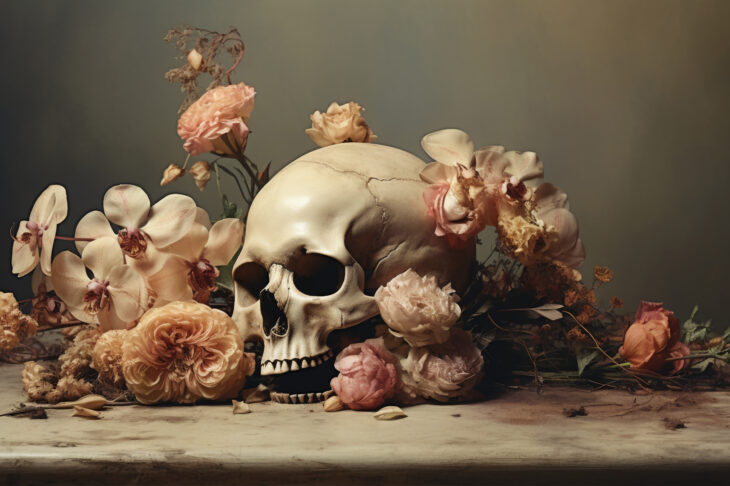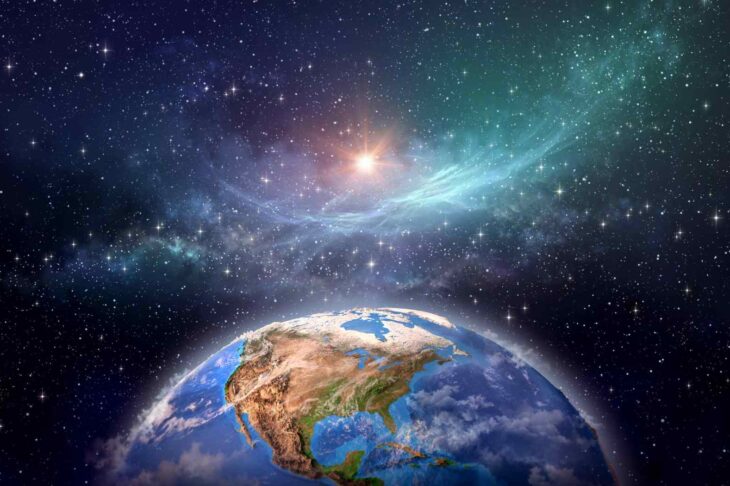
Why Does Someone Become a Horror Writer?
There are many reasons why a person may become a horror writer. Some are drawn to the genre because of fascination with the darker aspects of human nature and the world around them. For others, writing horror is a way to explore their fears and anxieties in a safe and controlled environment without too much personal danger.
It’s cathartic. It’s releasing. It’s strangely life affirming.
One of the key reasons why many people become horror writers is the sense of empowerment that comes from creating their strange worlds, evil monsters and knee-trembling scares. Exploring fictional horror allows some people to take control of their fears and, at the same time, use these to create something that others can enjoy.
It may also be a cleansing and renewing experience, allowing them to confront and conquer their fears through the simple act of writing.
Some gravitate to horror writing because of the sense of freedom. Unlike other genres such as crime, romance and thrillers, horror has few rules and conventions attached to it. This allows writers to let their imaginations run wild and create truly unique and terrifying stories which don’t always have to have a happy ending.
This freedom often leads to much greater experimentation and innovation with writers pushing the boundaries of what is considered scary or creepy or even acceptable.
For other horror writers, the genre is a way to explore social and political elements in a way that is both entertaining and thought-provoking. Horror can be used to comment on common issues we see every day such as inequality, oppression, even the elusive human condition.
By using the tropes and conventions of horror, writers create stories that resonate with readers on a deeper level. An example would be the science fiction horror story Invasion of the Body Snatchers which came out in the US when free thought and particularly the filmmaking industry was under attack by McCarthyism.
Of course, some writers become horror writers simply because they love the genre and want to contribute to its rich and varied history. Horror has a long and storied tradition, and many writers feel a sense of connection to the classics of the genre and want to add their voices to the conversation.
There’s a large online community of horror writers nowadays. That sense of joint camaraderie within the genre can be infectious and it’s something a lot of people connect with and want to contribute. Horror writers often form tight-knit communities where they share ideas, give and receive feedback, and support each other through the ups and downs of the writing process. This is especially important for writers who may feel isolated or misunderstood in their everyday lives, as they can find acceptance and validation among like-minded individuals who share their passion.
Many horror writers find inspiration in real-life events and experiences. For example, a writer who has survived a traumatic event will channel their emotions and feelings into a horror story as a way to process and come to terms with what they’ve been through. Similarly, a writer who has grown up in an area with a rich history of ghost stories or urban legends may be drawn to writing horror stories set in similar locations.
The popularity of the horror genre over the last 50 years has played a role in choosing horror writing as a potential career. With the rise of streaming platforms and digital media, horror content has become more accessible than ever, and as a result, the demand for stories has increased. This has led to more opportunities for writers to have their work published, produced, and reach a wider audience.
The rise of self-publishing has certainly made it easier for writers to get their work out there and build a following, even if they don’t have the backing of a traditional publisher. With the ability to reach readers directly, self-published horror writers can more easily grow and nurture a loyal fanbase and gain recognition, especially if they understand the basics of marketing. It still takes hard work, but it can be done.
Why The Greats Became Horror Writers
Stephen King, one of the most famous horror writers of all time, said that he became a horror writer because he was “a little kid who was afraid of the dark.” He thinks that writing horror is a way for him to take control of his fears and make sense of the world around him. In an interview, he added a little tongue-in-cheek: “I think we’re all mentally ill. Those of us outside the asylums only hide it a little better – and maybe not all that much better, after all.”
Another famous horror writer, H.P. Lovecraft, was known for his cosmic horror stories that often dealt with themes of ancient gods and otherworldly beings. Lovecraft once wrote, “The oldest and strongest emotion of mankind is fear, and the oldest and strongest kind of fear is fear of the unknown.” His long essay on why we are drawn to horror as a genre is well worth reading and is widely available online.
Anne Rice, known for The Vampire Chronicles, says she became a horror writer because she was fascinated with death: “There are too many other inexplicable things around us–horrors, threats, mysteries that draw you in and then inevitably disenchant you. Back to the predictable and humdrum. The prince is never going to come, everybody knows that; and maybe Sleeping Beauty’s dead.
Like many writers, Clive Barker, the author of the gory Books of Blood, says he became a horror writer because of his love for the genre and his desire to push the boundaries of what is considered scary: “You cut up a thing that’s alive and beautiful to find out how it’s alive and why it’s beautiful, and before you know it, it’s neither of those things, and you’re standing there with blood on your face and tears in your sight and only the terrible ache of guilt to show for it.”
Edgar Allan Poe, doyen of death, madness, drunkenness and the supernatural once wrote: “I have absolutely no pleasure in the stimulants in which I sometimes so madly indulge. It has not been in the pursuit of pleasure that I have periled life and reputation and reason.” Poe’s own dark and melancholic nature certainly influenced his writing. His stories explore the darker sides of human nature and the mind, delving into themes of insanity, guilt, and obsession.
Shirley Jackson, known for her unsettling and psychologically complex stories, became a horror writer because of her own experiences of being an outsider and her love of exploring the darker aspects of human nature: “I have always loved to use fear, to take it and comprehend it and make it work and consolidate a situation where I was afraid and take it whole and work from there. So long as you write it away regularly nothing can really hurt you.”
We become horror writers for a variety of reasons, including that sense of empowerment, freedom, experimentation, innovation, social and political commentary, love of the genre, joining a community, and even because of real-life inspiration. Sometimes were just plain mad.
The enduring popularity of the horror genre, the rise of streaming platforms and self-publishing have opened many doors for horror writers to achieve their goals. Anyone can now become a horror writer, or at least self-identify as one. All they need to do is open their laptop, turn down the lights and then embrace the darkness.
Why do you write horror and what’s your inspiration? Let us know in the comments section below.

